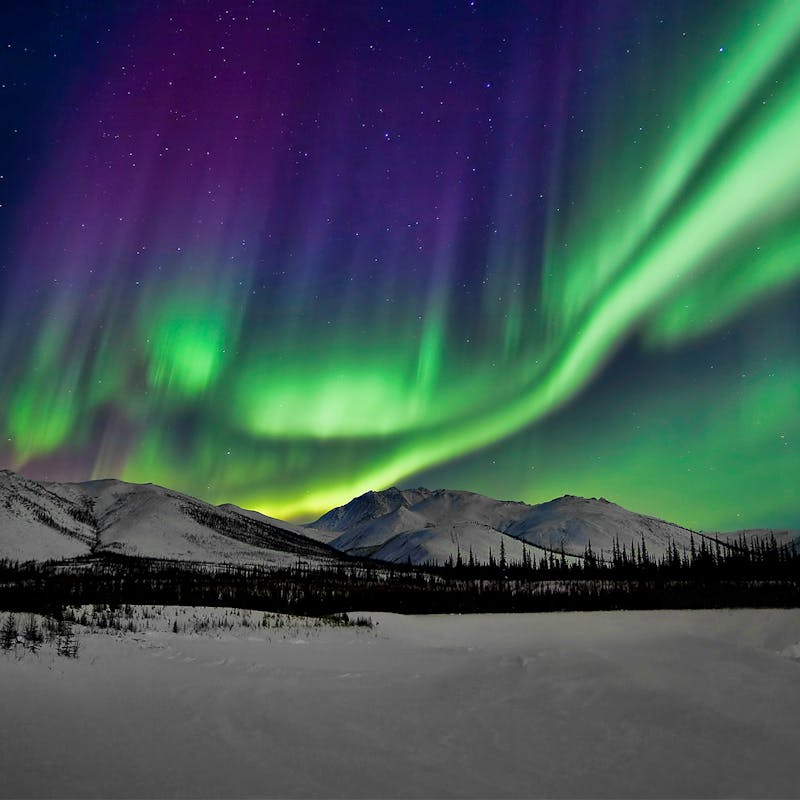Nearly 5,000 miles away from Washington, D.C., mother polar bears are huddled in their snowy dens on the coastal plain of the Arctic National Wildlife Refuge, where they will give birth and hibernate until spring.
The Arctic National Wildlife Refuge is the crown jewel of the National Wildlife Refuge System and one of the last intact landscapes in America. Home to a diversity of iconic wildlife, the refuge is also the most important onshore denning habitat for America’s vanishing polar bears.
But for all its unique beauty and importance for wildlife, the Arctic Refuge is under assault.
Legislative efforts to open the Arctic Refuge to oil and gas development were defeated for decades until Congress inserted an unrelated, divisive provision into the tax reform reconciliation bill in December 2017, circumventing full and fair congressional debate. The coastal plain, where exploration, leasing, and drilling would occur, is the biological heart of the refuge. Fossil fuel development would permanently alter this vital landscape and would have devastating impacts on wildlife such as polar bear, caribou, musk oxen, and hundreds of species of migratory birds.
Now Congress is moving to restore vital wildlife protections. Newly introduced legislation by Rep. Jared Huffman, Rep. Brian Fitzpatrick, and over 100 cosponsors would protect the Arctic National Wildlife Refuge from oil and gas drilling by revoking authorization provided in the 2017 tax law.
We are proud to stand with Representatives Huffman and Fitzpatrick, our conservation partners, and the Gwich’in people today to support the “Arctic Cultural and Coastal Plain Protection Act” which will restore permanent protection for the Arctic Refuge for people and wildlife that depend on these public lands.
With climate change wreaking havoc across the country and as our nation looks to transition to renewable energy sources, it’s lunacy to think that we would drill for fossil fuels in our nation’s greatest wildlife reserve. The precedent it would set across our nation for public lands and wildlife is unacceptable. National wildlife refuges are refuges for wildlife; not public lands for oil and gas companies to convert and destroy for short-term profit.








